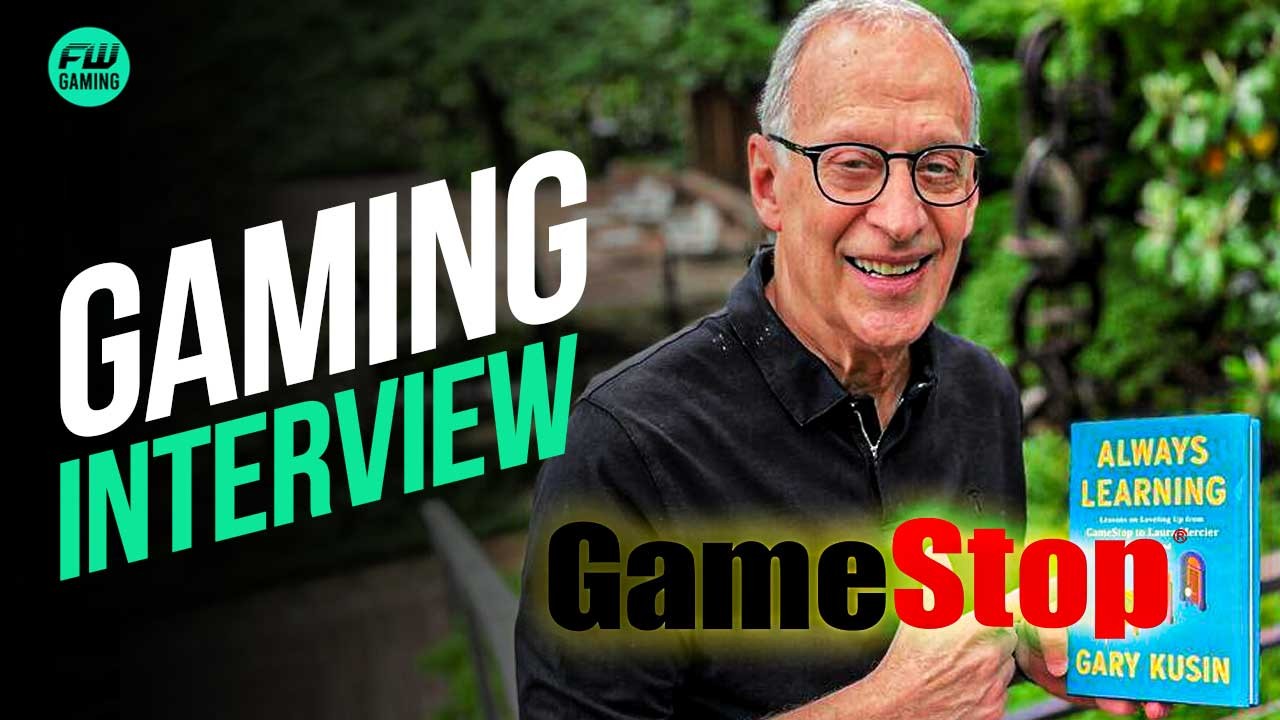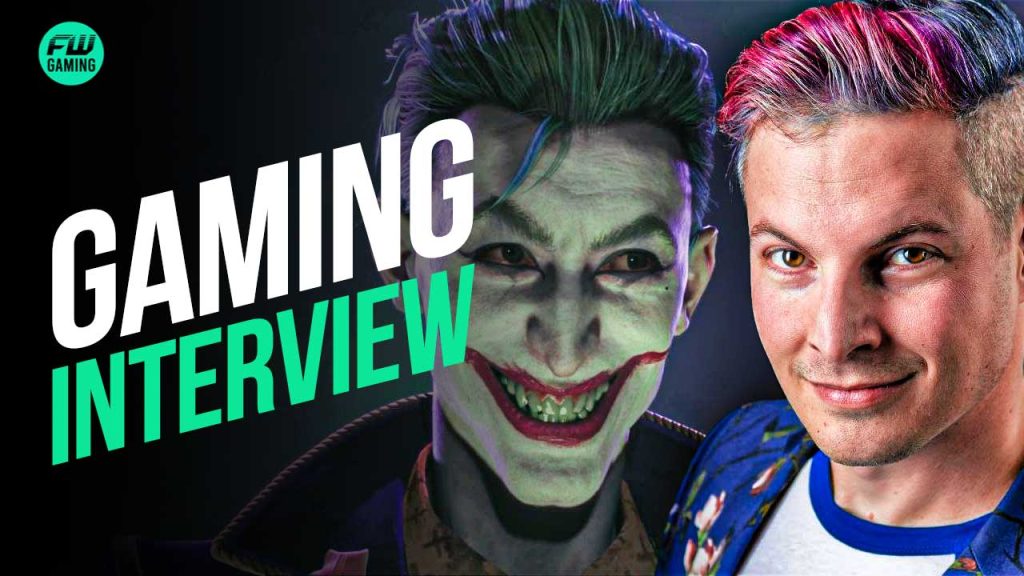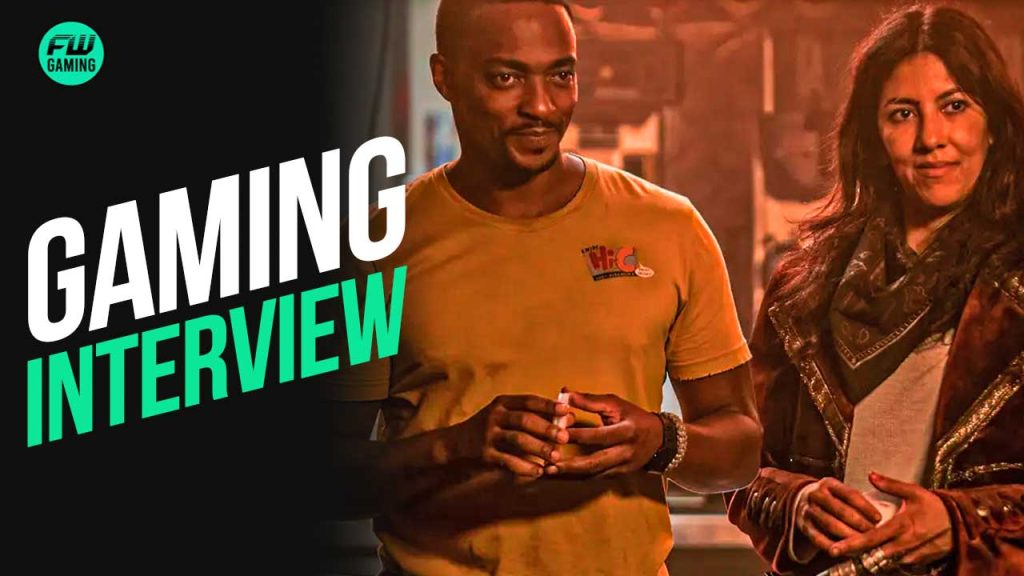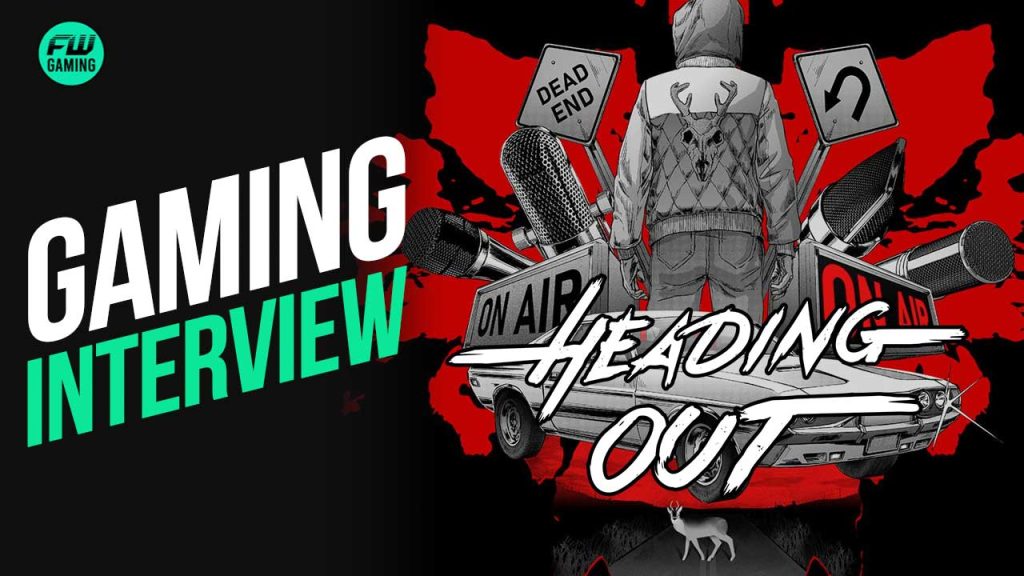GameStop is an iconic company in the eye of any gamer who grew up in the 1990s, the 2000s or the 2010s. Even as someone who grew up outside of the US, I was still acutely aware of the infamous games store from across the pond. It started life as Babbage’s in 1984, after two entrepreneurs saw the potential of selling video games on a mass market basis, before ultimately being rendered obsolete by the rise of the digital marketplace.
[Some of the answers have been edited for length and clarity]
Gamestop Was a Pioneer in Its Field
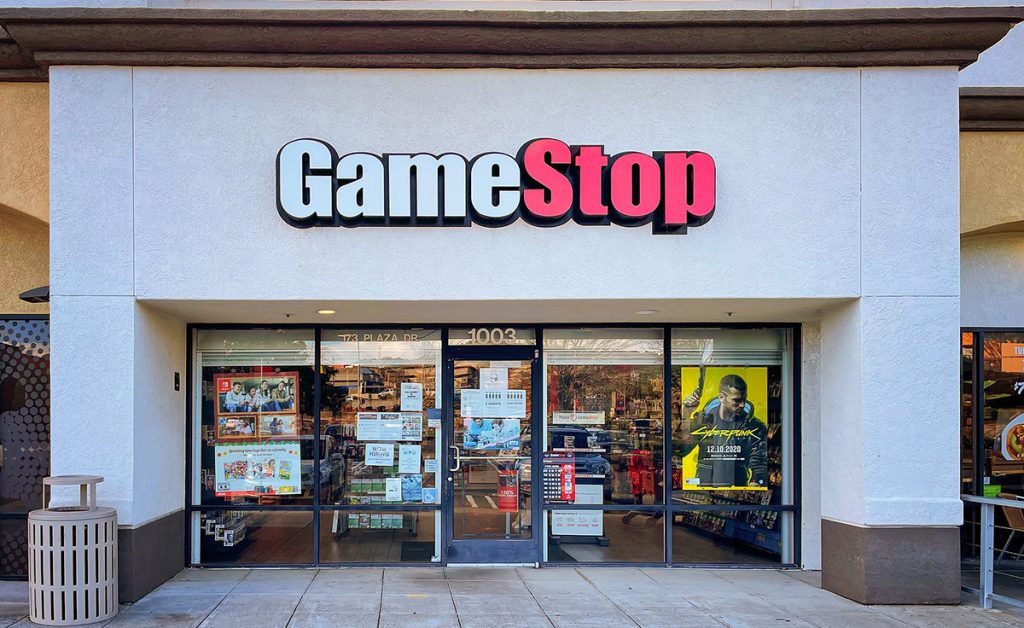
FW: You first left your job in 1984 to start Babbage’s, which later became GameStop. That was 4 decades ago now and was also the year following the infamous video game crash. Yet by Christmas, you had opened 7 stores which you talk about in your book: Always Learning: Lessons on Leveling Up from GameStop to Laura Mercier and Beyond.
For the past few years, the games industry has been worth almost double the film and music industry combined. Did you ever see that cultural shift coming thinking back to 40 years ago?
GK: Obviously not the specifics, but my co-founder had done a lot of work at the dawn of the video game era with Activision and Electronic Arts as young companies, so he was well aware of semiconductor chip technology which would lead to ever improving graphics and speed.
As factors like graphics and speed continued to grow, while cost per chip continued to drop, he knew that machines that could play video games would come down in price to the point where home consoles would be cheaper than upright arcade machines and would be able to produce better graphics and faster operating speeds.
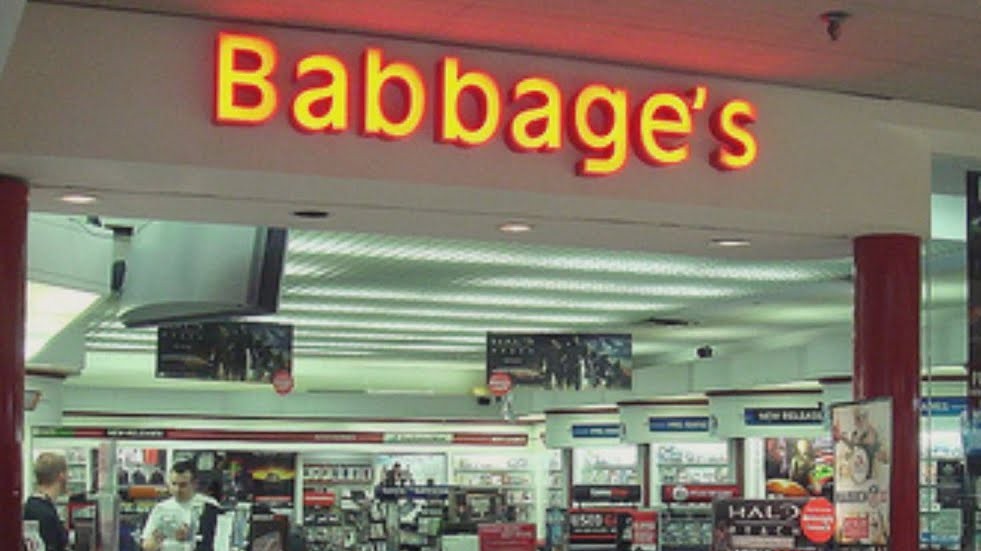
Additionally, he was well aware of the past of consumer electronics going all the way back to the advent of the black and white TV, to the advent of the Hi-Fi stereo, to the advent of the color TV, and all of them had penetration curves which looked like hockey sticks.
As each of these products developed and emerged, an insatiable need for content developed and emerged right alongside them. Technology was driving incredible innovation that would not stop.
I was working in the retail industry and as Joe was telling me about how technology would drive innovation and lead to new types of hardware being released, I realized that there would have to be a specialty store that would have to emerge to handle the mass market distribution of these products.
Technology was driving incredible innovation that would not stop.
After that, he and I quit our jobs despite the fact that there were no dedicated software stores in the world at that time. Our first Babbage’s store was the first video game store in the world. Therefore we had a first-mover advantage that wasn’t down to dumb luck or owed to the fact that we were big gamers, because we weren’t. It was because the future was staring us in the face.
We realized that technology would have a growing impact that would change the industry as it evolved. And then we watched it happen first-hand. Blockbuster Video already existed when we opened our first store, and we took that as a great example of a successful business model that takes a cinematic experience and lets customers bring that home. We knew we could do the same for the arcade experience.
It wouldn’t have been too much of a reach to then extrapolate that progression of technology to see that at a certain point in the future, movies will be transmitted digitally into homes and the need for a brick and mortar store will go away. Really with GameStop, we should have been able to see a time coming in the future where video games would be distributed digitally too.
Unfortunately our crystal ball wasn’t that clear 40 years ago, but it was clear enough to see that there was a good chance that this new emerging technology could end up being bigger than the rest of them combined before it was over.
FW: You resigned as GameStop’s President in 1995. As I’m sure you are aware the gaming industry has evolved a great deal since then. Do you still keep up to date with the games industry? Do you regret stepping away from the gaming industry given its continued financial growth?
GK: What we felt the industry needed at that point in time was a consolidation. At that point, there were three equally large companies and we thought we would all have to compete so hard that our net margins would erode and that the next strategic move in the industry would be consolidation.
The larger of the two competitors already had two people at the top. What we had to propose to them would mean that they would both lose their jobs and that their company would move to Minnesota due to taxes. They originally agree to our proposal, but at the last minute they backed out, and I knew the reason was that they weren’t willing to giving up their jobs.

I was already an entrepreneur at this point and I said to my partner that if one of those two could survive and we move the company to Texas and one of them moved here, you could become CEO, and he could become President then we could get this deal closed. And that’s ultimately what it took, as soon as we offered that to them, they accepted.
I was then able to take my entrepreneurial experience and apply it to the cosmetic industry. This also spoke to what I did in retail before I entered into the business of game distribution.
FW: After reading that section in your book where you discuss stepping away from GameStop, it seems that your decision was largely fueled by the continuously high retail price of video games. In the years since that price has only grown, as have the budgets for creating these games. Do you think that there is a breaking point where the bubble will burst?
GK: We have been arguing about that point for 40 years! When we started Babbage’s, video games were $49.99. Adjusted for today, that is around $70-80. For me, the market nowadays suggests that is too high. Some publishers may be able to justify it if they are shipping massive multiplayer games that are incredibly complex pieces of software.
That’s where GameStop came in though. The resale business was such a huge pillar of our business and is something that will continue for a long time. There are people out there from different economic backgrounds who can’t afford top tier bandwidth and hardware, but that doesn’t mean they can’t still have a very full gaming experience through the pre-used market.
FW: One of the biggest changes between your time as GameStop’s President and the gaming industry today is the death of physical media. As someone who is a supporter of physical media, I’m curious whether you think this shift could have been avoided? What do you think the future looks like in terms of preservation of artistic media?
GK: There is no question that the digital evolution will continue, however I think it will be an either or, rather than only one or the other when it comes to physical media versus digital. In theory this will only be a good thing as it will provide gamers with more options. Through things like AI and VR, the video game experience will only continue to add dimensions, but not necessarily at the cost of the delivery systems that are already in place.
FW: Ubisoft’s The Crew was made obsolete recently thanks to the online servers being shut down by Ubisoft, which made even physical copies unplayable. Was this something you were aware of, and what do you make of companies having the power to render even physical game discs unusable? Regarding your time on the board at Electronic Arts, I’m curious to know what EA’s policy is concerning games preservation.
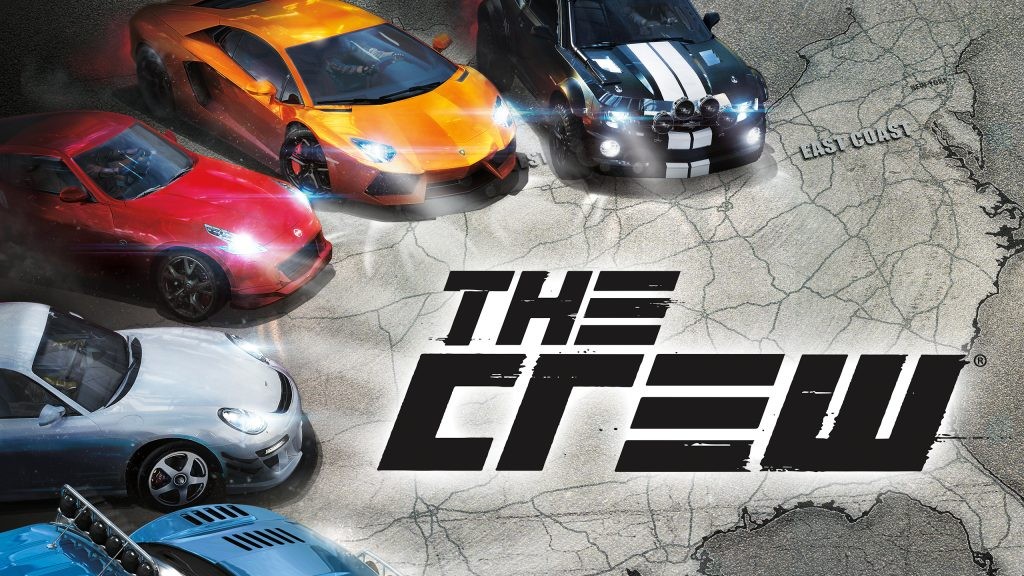
GK: EA was fully aware of where technology was taking the genre. It was a superb company, their crystal ball was far better than anyone else’s. However, even they miss out sometimes economically. They turned down the option to buy World of Warcraft in its infancy.
The asking price for WoW at that time was $700 million, which EA felt was too expensive, obviously with the benefit of hindsight that was a steal. We felt that was an outrageous price however, and a big part of that failure is on us as a board for not being able to evaluate the sheer amount of revenue of $100M per month that the purchase would have led to. Then Activision stepped in and made the purchase and the rest is history.
FW: After stepping away from the gaming world and into the beauty industry via Laura Mercier, what similarities are there between the two industries? Are there certain skill that carry over? What major differences are there?
GK: That is a good example of how entrepreneurs ought to think about new entrepreneurial ideas. Neither of those were a passion of mine. I worry that people sometimes get oversold on the idea of passion for something.
Nowadays more companies emerge with a digital footprint as opposed to a brick and mortar store and people have gotten very comfortable with buying things online.
There is a great company in the US called Waste Management and the person who founded that is now a multibillionaire. I can promise you that he didn’t wake up one day with a huge passion for waste. That’s not how it works.
You do your homework, you think about things like market sizes, competitive sets, risks, financial cost and other rigorous analysis to inform your decision so you don’t make a poor choice. I see far too little of that mentality within companies today and that doesn’t serve them well.
FW: In your book; Always Learning: Lessons on Leveling Up from GameStop to Laura Mercier and Beyond, you talk about the changing retail landscape that you witnessed in the early 80s, with the birth of the internet, it has obviously changed a great deal again since then. When do you see it changing again, and will AI have an effect on things?
GK: Nowadays more companies emerge with a digital footprint as opposed to a brick and mortar store and people have gotten very comfortable with buying things online. Companies are only getting better at adapting to customer needs, and now in the US, stores that started digitally are now opening brick and mortar showrooms.

These showrooms don’t stock inventory that is for sale, the stock is there for customers to see it, feel it, and try it on and then place a digital order instore for the item to get delivered to their home. Although this is no use if the customer is looking to purchase something at the last minute for an event happening that night, so that’s something they will have to iron out.
FW: Earlier this week, I watched Dumb Money, the 2023 film about the GameStop stock short squeeze. I wondered what you made of that whole fiasco, given that this was a company that you were an original founder of.
GK: When all that happened, my co-founder and I made a conscious decision that we would not talk to the press. We knew exactly what was going on. GameStop was the first company to develop such a deep relationship with its customers that has withstood the test of time. Our store was so embedded in the gamer’s DNA to the point that many gamers still mark stages of their life by what game was releasing. Midnight releases at GameStop are a fundamental to the history of gamers in their 30s or 40s.
The only thing that comes close to GameStop’s relationship with its customers is Taylor Swift and the Swifties. If you say something bad against Taylor Swift, the Swifties will come after you and that is exactly what the hedgefunds didn’t anticipate when it came to GameStop.
The hedgefunds saw the writing on the wall when it came to digital purchases taking the place of physical ones and make the idea of GameStop obsolete. However, their algorithms did not account for was the power of the relationship between GameStop and its customers, to the point where those customers were happy to go to battle against the big money.
GameStop was the first company to develop such a deep relationship with its customers that has withstood the test of time.
When you then factor in a huge communication tool like Reddit, which was able to unify all of the birds of different feathers, it became unstoppable. It is essentially like someone telling a mom and dad that their baby is ugly; you just can’t do that and that’s what Wall Street was doing.
Because of how analytical hedgefund owners are and the cold way in which Wall Street operates, they were unable to compute the emotional side of the situation. The emotions of the GameStop customers were never considered and that is what backfired on them.
FW: With your book being called Always Learning and each chapter ending with a summary of the lessons learned, I’d like to ask whether have any advice for any young entrepreneurs who may be reading this.
GK: I can tell you what worked for me as someone who never came from money and never had anything given to me. At a certain point I realized that there will always be people smarter than me, people who are faster than me, people who have more money and tools than me. However, I decided at a young age that I’d never let anyone work harder than me.
What I started seeing after that was that I was able to develop a true competency for almost anything that I set my mind to. Those capabilities that you develop then commands respect from others and that then opens up more opportunities for you to advance further.
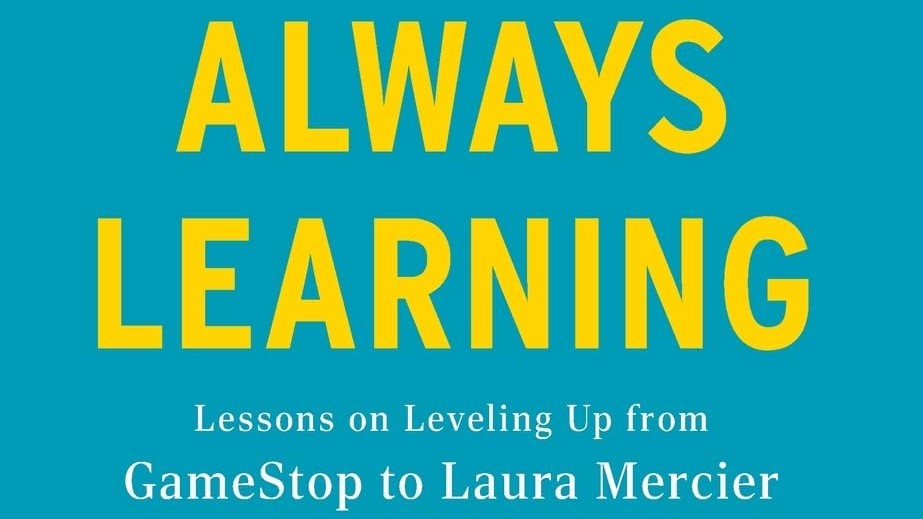
Gary was a fascinating person to chat to and his book is well worth a read, you can find it online or in any good bookstore. His candour when discussing his time as GameStop president was appreciated and his insights into the inner workings of the industry were interesting. Also, if you haven’t seen Dumb Money yet, then it is well worth a watch.

